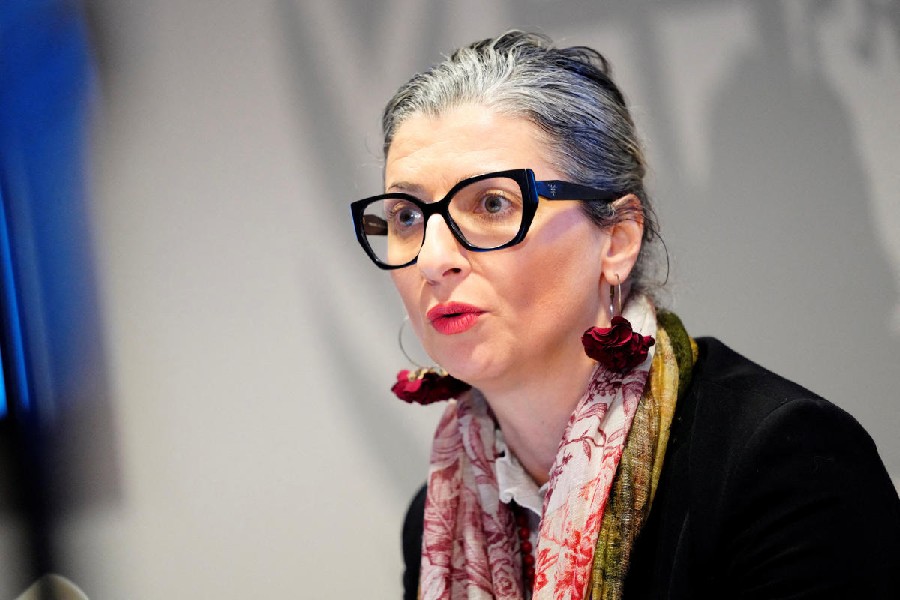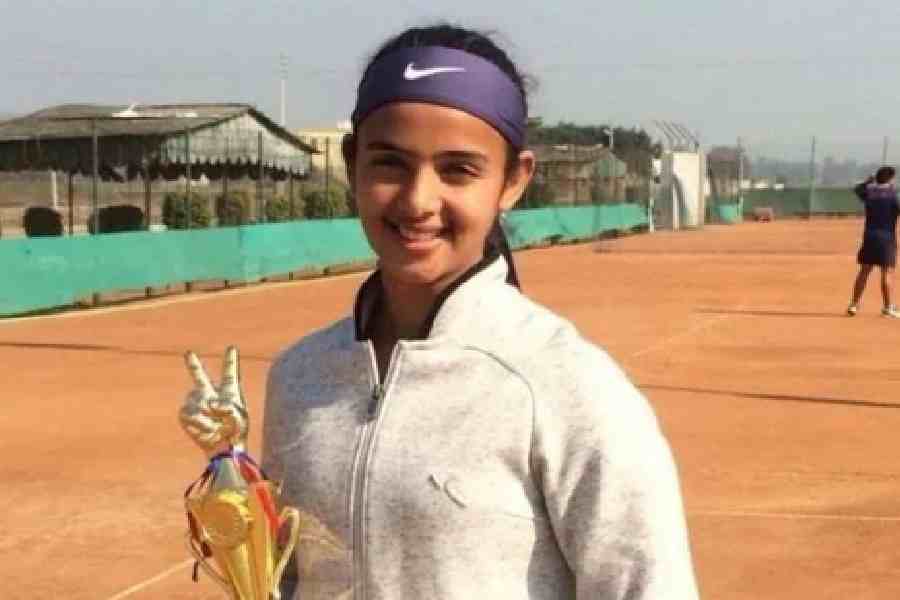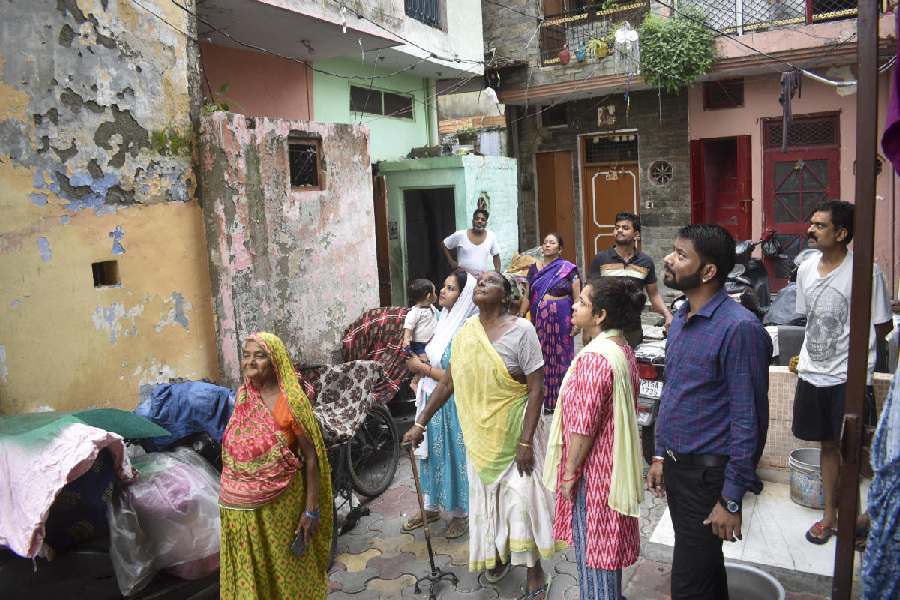Rio de Janeiro: Tele Santana, who died in hospital after an illness on Friday, coached arguably the best team not to win the World Cup.
Santana’s Brazil took the game to new heights in 1982 with a team which boasted such outstanding talents as Junior, Socrates, Eder, Zico, Toninho Cerezo and Falcao.
The team swept aside all before them with breathtaking football, until a series of defensive blunders sent them crashing to a 2-3 defeat against Italy and out of the Cup.
It was one of the great upsets in World Cup history and one which many felt changed the mentality of Brazilian football for the worse.
A draw would have been enough to send Brazil into the semis and Santana’s critics wondered why, in the circumstances, Brazil had played their usual game of all-out attack.
In the years that followed, Brazilian football became increasingly defence-orientated with many coaches eager to adopt what they saw as a European game.
The notion of “playing with the rule book under your arm”, in other words playing for a 0-0 draw away from home or when only one point was needed, became common, alongside systematic fouling in midfield to stop the opposition playing.
Santana, however, would have none of it.
“I would rather win playing well than lose playing badly,” became his catch phrase.
Zico said that of all the coaches he played under, Santana was the only one who barred his players from committing fouls.
Despite the shock and disappointment, Santana, after a brief spell in Saudi Arabia, returned to lead Brazil to the 1986 World Cup.
Though he had slightly less talent at his disposal, it was an almost identical story as Brazil swept through their first four games, winning all of them.
But then they came across a Michel Platini-inspired France in the quarter finals. Brazil took an early lead, were pegged back, missed a penalty late in the game, drew 1-1 and went out on penalties.
Santana went back to club coaching, first with Atletico Mineiro and then Flamengo.
He became increasingly disillusioned with the often violent tactics employed in Brazilian domestic football and lack of action taken by referees and authorities.
He was also earning a reputation of a “cold foot” ? someone who brings bad luck in decisive games.
But in 1990, he took over at Sao Paulo where he set about building another great team with Rai, the elegant younger brother of Socrates, as the playmaker and Cafu, later to become Brazil captain, at full-back.
Sao Paulo again played Santana’s trademark attacking game but this time it proved successful and they went on to win the Libertadores Cup ? South America’s equivalent of the Champions League ? in 1992, 1993.
In each year, they went on to win the World Club Championship, beating first Barcelona and then AC Milan in the final.
Meanwhile, Cafu went on to become the third player to play in three successive World Cup finals, yet unless Santana had seen his potential and taken the time to work on the weaker side of his game, he might never as been as successful.
Born in the state of Minas Gerais in 1931, Santana was a forward in his playing days.
He spent more than a decade at Fluminense and had short spells with Guarani and Vasco da Gama before retiring in 1965.
He turned to coaching two years later and won the inaugural Brazilian championship with Atletico Mineiro in 1971. He was given the Brazil job in 1980.
Although Santana’s teams were a joy to watch, they were not necessarily fun to play in.
The coach was known as a strict disciplinarian and famously axed forward Renato Portaluppi on the eve of Brazil’s departure for the 1986 World Cup after he sneaked out of the training camp for a night on the town.











